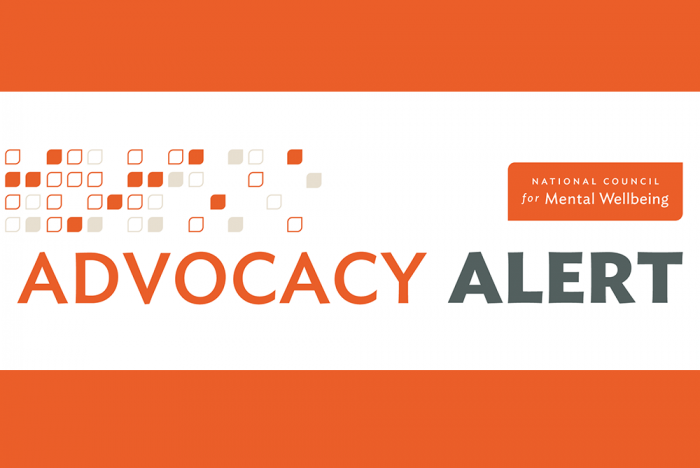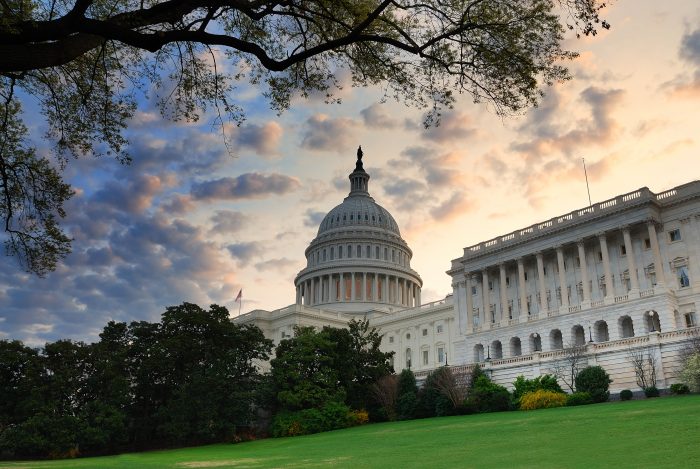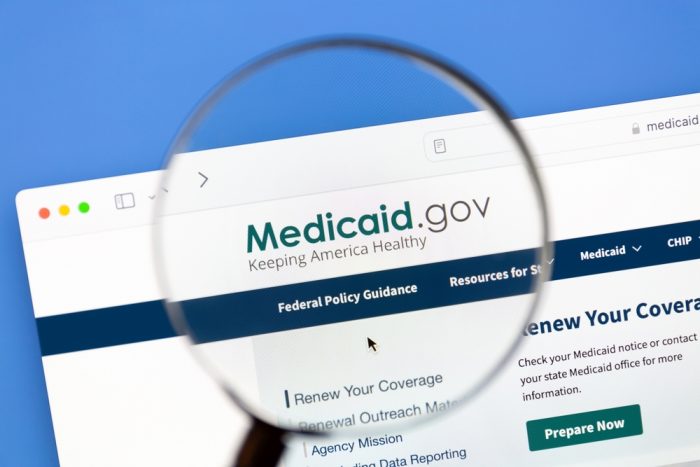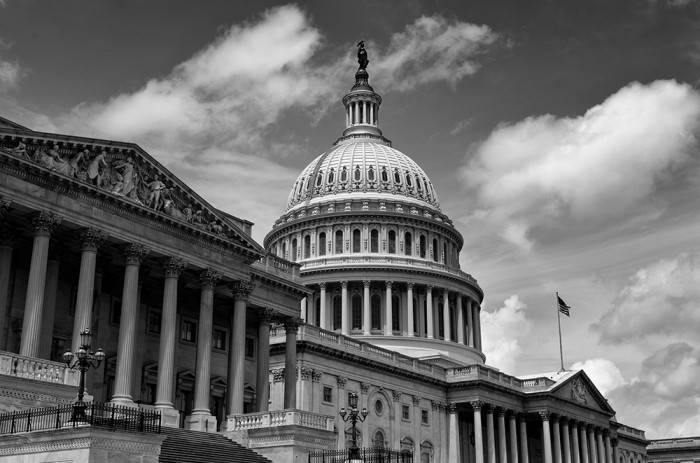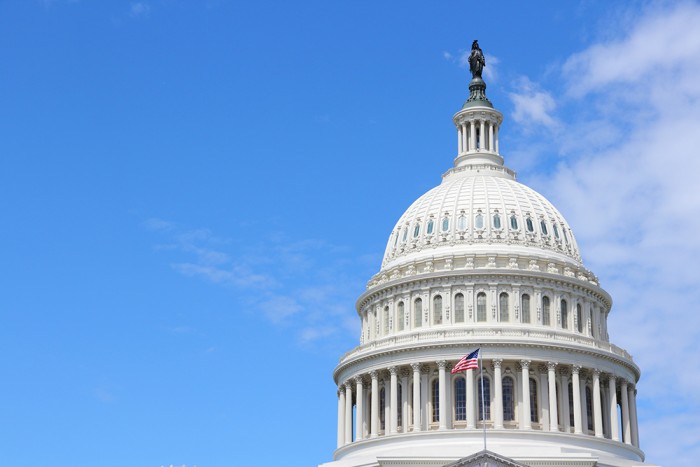medicaid cuts
Medicaid Cuts Threaten Lives: Letter to the Editor by RCPA Member Mental Health America of Southwestern PA CEO Laurie Barnett Levine
‘In the Fight of Our Life’: Pennsylvania Caregivers Brace for Medicaid Cuts, RCPA President/CEO Richard Edley Quoted
Key GOP Senator Warns Medicaid Cuts Could Spell Political Disaster for Republicans
E-Book: What Medicaid-Funded Providers Need to Know Right Now, from Foothold Technology
There’s been a lot of talk — and a lot of concern — about the federal budget and what it could mean for Medicaid. We’re all hearing it from you, too: “What’s actually happening?” “What does this mean for our funding?” “Are these changes final?”
This guide will help answer those questions. It lays out what’s in the current House bill, what’s at stake for providers, and what we’re watching next as the Senate and CMS weigh in.
Inside, you’ll find:
- What changes are being proposed, like new work requirements and copays
- What it could mean for your clients and funding
- What we know, what we don’t, and what comes next
These updates aren’t always easy to follow, so we’re breaking them down in plain language, and we’ll keep doing so as things evolve. Stay up to date with our Medicaid Intel here.
New Analysis Estimates 1.6M Medicaid-Expansion Enrollees Receiving SUD Treatment Will Lose Insurance Under H.R. 1
A new Center for American Progress (CAP) analysis estimates that if H.R. 1 were to become law, more than 1.6 million Medicaid-expansion enrollees receiving SUD treatment would become uninsured. Although these estimates reflect the House-passed bill, the Senate’s more extreme Medicaid cuts could cause even greater coverage losses and disruptions to care.
KFF developed a table that provides a summary comparison of Medicaid provisions, including details on work requirements, in the House and Senate budget reconciliation bills.
The reconciliation legislation still needs to pass the Senate, and the House and Senate will need to reconcile any outstanding differences. President Trump expects to have the reconciliation bill on his desk for signing by July 4.
The bulk of those coverage losses would come from the bill’s proposed burdensome work-reporting requirements on adults enrolled in Medicaid through the Affordable Care Act’s expansion option. Specifically, the bill would require nonpregnant, nondisabled, non-caregiver adults ages 19 to 64 to document at least 80 hours of work per month or other qualifying activities (such as job training or volunteering) in order to maintain their Medicaid coverage. Individuals unable to meet the requirement would risk losing coverage. The Senate Finance Committee text goes even further, eliminating the exemption and requiring compliance from parents with children older than age 14.
Though the bill includes an exemption for individuals with SUD from work-reporting requirements, it remains unclear how states would implement or enforce that exemption.
CAP estimates that the states with the largest coverage losses among Medicaid enrollees being treated for SUD include California (nearly 170,000), New York (nearly 166,500), Ohio (134,500), and Pennsylvania (nearly 118,000). These coverage losses reflect the size of each state’s Medicaid expansion population as well as each state’s rate of SUD treatment take-up among people with Medicaid.
Medicaid is the largest payer of behavioral health services in the United States, including for SUD treatment. According to the latest available data, Medicaid covered nearly 60 percent of all national spending on SUD treatment in 2019 — accounting for $17 billion out of the $30 billion spent across all payers.
ACA improved SUD treatment access by making SUD services one of ten essential health benefits that nearly all insurers are required to cover. The ACA also allowed states to expand Medicaid eligibility to adults with incomes up to 138 percent of the federal-poverty level, providing millions of previously uninsured low-income adults with access to life-saving SUD treatment.
Shapiro Administration Responds to Potential Medicaid Cuts
The Shapiro Administration has released a response to potential federal Medicaid cuts. This document provides information on the Medicaid and SNAP programs in Pennsylvania and offers a high-level analysis of the potential impacts of HR 1, Congressional Republicans’ budget reconciliation bill, on the commonwealth. As currently proposed, the legislation would kick over 300,000 Pennsylvanians off Medicaid, shift $1B in food assistance costs from the federal government onto our state budget, and strain our hospitals, potentially leading to the closure of as many as 25 rural hospitals across Pennsylvania. The legislation would also add significant new IT and administrative burdens for commonwealth agencies in the form of unfunded mandates from Washington.
Read the full report here. In addition, you can view this infographic for details on the impacts of implementing work requirements to SNAP benefits. Contact Emma Sharp with any questions.
Urge Congress to Protect Access to Care through Medicaid
View a map of PA District 10
If not in District 10 — Find Your Legislator by: County | Address
A message from the National Council for Mental Wellbeing
Representative Perry is in-district through Friday before heading back to D.C.
Now is the perfect time to finish sending your message emphasizing the importance of Medicaid in your community.
Join 20,000+ others and urge Representative Perry to not cut Medicaid funding!
If Congress cuts hundreds of billions in federal Medicaid funding, tens of thousands in your community alone would lose access to health care, and support for mental health and substance use programs and organizations would be decimated.
Every little bit of outreach counts!
As a constituent, you have a unique opportunity to influence Representative Perry when it comes to protecting access to mental health and substance use care. Your voice is invaluable to this effort!
If you moved recently and no longer live in Representative Perry’s district, please let the National Council know by updating your contact information. You can do so by clicking the “Finish Letter” link above, then go to your name in the top right drop down menu. We want to make sure you’re receiving the most relevant content from the National Council for Mental Wellbeing’s advocacy team.
As always, thank you for being an advocate!
Sincerely,
Connor McKay
Director, Advocacy
The National Council for Mental Wellbeing
Tools to Contact Your Senator to Oppose Graham/Cassidy Legislation
The means by which Senate Republicans can pass an Affordable Care Act (ACA) repeal/replace bill by a simple majority budget process called reconciliation (and thus not requiring Democratic support of any kind) ends next week, at the end of September.
The Graham/Cassidy bill is now presenting a major threat to Medicaid – it replicates cuts presented in previous health proposals (using exact language from the Better Care Reconciliation Act – BCRA). According to earlier Congressional Budget Office (CBO) estimates, it will cut Medicaid (outside of expansion) by $175 billion between 2020–2026, and $39 billion will be cut from the Medicaid program in 2026 alone.
RCPA requests members to contact Senators Casey and Toomey, and ask them to OPPOSE the Graham/Cassidy bill. For your convenience, the following materials will give you valuable information and talking points when speaking with staff or the Senators.
Questions, contact Jack Phillips, RCPA Director, Government Affairs.
Contact Your Senator to Oppose Graham/Cassidy Legislation
ALERT – Act Now to Stop Irreparable Medicaid Cuts!
Latest Available data on Graham/Cassidy
The next few days are critical!
Call Congress at (202) 224 3121 and
click here to send your Senators an email to VOTE NO.
The process by which Senate Republicans can pass an Affordable Care Act (ACA) repeal/replace bill by a simple majority budget process called reconciliation (and thus not requiring Democratic support of any kind) ends next week, at the end of September.
The Graham/Cassidy bill is now presenting a major threat to Medicaid – it replicates cuts presented in previous health proposals (using exact language from the Better Care Reconciliation Act – BCRA). According to earlier Congressional Budget Office (CBO) estimates, it will cut Medicaid (outside of expansion) by $175 billion between 2020-2026, and $39 billion will be cut from the Medicaid program in 2026 alone.
The situation has gotten worse. Last night, Chairman Alexander (R-TN) of the Senate HELP Committee who was leading bipartisan ACA fix efforts announced that the bipartisan deal is dead. That leaves the door wide open for Graham/Cassidy passage. Republican Senators are being told that the bill will benefit their state – that is false. This is a bill that seeks to save billions of federal dollars, not make policy improvements to health care programs.
The ACA will be replaced by block grants with likely less funding to states than they currently receive. and all of that money stops flowing completely to states in 10 years. The Medicaid program will be cut significantly and states will be expected to either pick up the bill or make tough decisions about whose lives are most at stake.
So here’s the timeline:
There are two Jewish holidays in the next two weeks that shorten the Senate session calendar. Today, Senators leave to observe Rosh Hashanah and will return Monday. They will have to pass a bill by Wednesday or Thursday because Yom Kippur (also observed by the Senate) begins at sundown next Thursday.
We will soon see a new Congressional Budget Office summary on the impact of Graham/Cassidy, and we expect the bill to be pushed hard next week to get to passage. We need three Republican Senators to oppose the bill in order for it to fail. Key Senators that could stop the bill are the same champions that ANCOR has awarded Congressional Leadership Awards to this year for defending our programs – Senator McCain (R-AZ), Senator Collins (R-ME), and Senator Murkowski (R-AK). Please make sure that if you are a constituent, or have connections in their states, that they hear from you!
IF YOU LIVE OR HAVE FRIENDS, FAMILY, OR COLLEAGUES IN STATES WITH REPUBLICAN SENATORS THEY MUST HEAR FROM US THAT THE GRAHAM/CASSIDY BILL WILL CREATE IRREPARABLE HARM TO PROGRAMS THAT PROTECT PEOPLE WITH INTELLECTUAL AND DEVELOPMENTAL DISABILITIES!
THE NUMBERS ARE CLEAR THAT THIS IS A BAD DEAL FOR STATES! MAKE SURE YOUR REPUBLICAN REPRESENTATIVES IN THE HOUSE ARE RECEIVING THE SAME MESSAGE!
Capitol Switchboard: (202) 224-3121
- Medicaid per capita cap section begins Section 124, page 65
- Provider tax reduction is Section 123, page 64
- Penalization to states that overspend, page 66
- Per capita formula base period, page 68
- Per capita formula inflation rate (CPI-M+1% until 2026 then CPI-M), page 76
Limited HCBS demo (we have intel this is for fear that per capita caps will end some state HCBS programs and need demo money to survive), page 96









